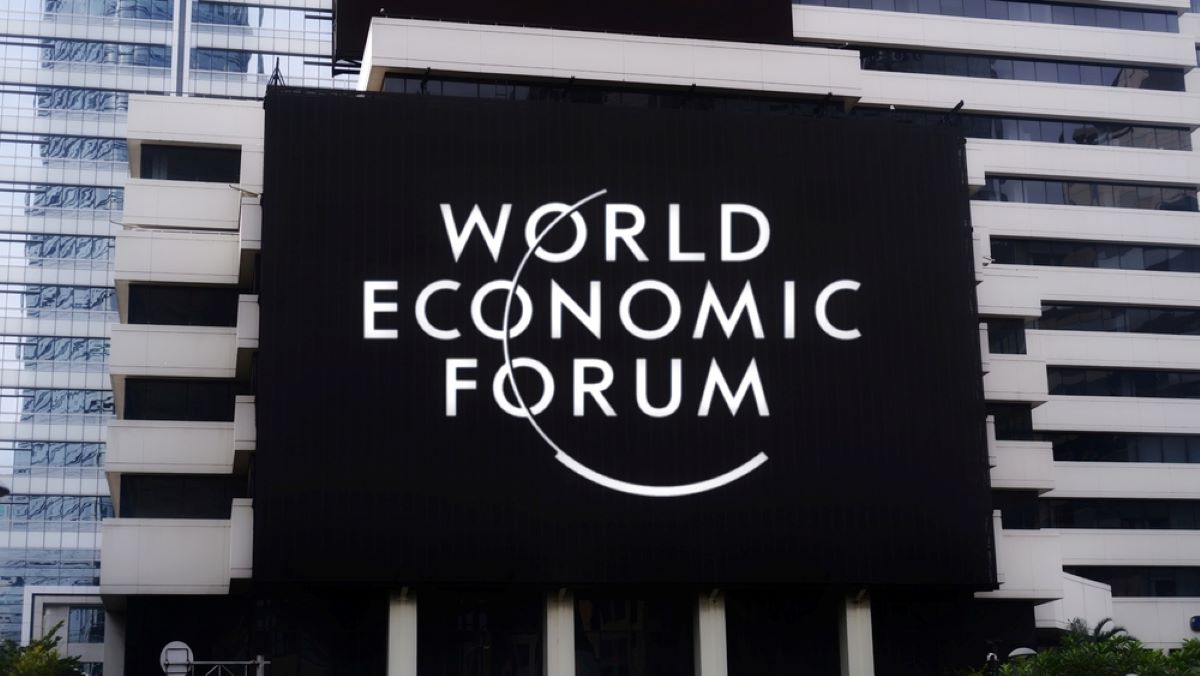The EDISON Alliance, a global initiative launched by the World Economic Forum to advance digital inclusion and accessibility, announced the UAE as partner in its Lighthouse Countries Network, along with Honduras, and Togo.
These nations join the existing founding members – Bahrain, Bangladesh and Rwanda. These countries are already significantly advancing digital inclusion in connectivity, health, education and finance. They do this via sponsorships, provision of digital devices, and digital literacy and training.
An estimated 2.6 billion people worldwide are without internet access. This denies them access to crucial life services such as education, healthcare and financial opportunities.
Thanks to partnerships between governments, the private sector and civil society, the EDISON Alliance has crossed the halfway mark in its ambitious endeavor to positively impact 1 billion lives through over 200 digital inclusion initiatives spanning 90 countries.
The Lighthouse Countries Network was established in May 2022.
“The UAE’s inclusion in the EDISON Alliance is proof of our commitment to ensuring the well-being of its society and its proactive steps and goals,” said Omar Sultan Al Olama, UAE Minister of State for Artificial Intelligence, Digital Economy, and Remote Work Applications. “In the UAE, we believe that everyone deserves to be empowered and leverage digital means for better education while simultaneously addressing key barriers to universal digital inclusion. The alliance’s goals align with the UAE’s approaches in the fields of technology, education, healthcare, finance and the future, enhancing our national initiatives to expand the impact of digital reach and ensure accessibility, increase digital literacy and create a significant global impact.”
Read: AI, fintech, siphoning away declining VC funding
UAE technology and innovation
Strategy & Middle East a PwC subsidiary managed to put a figure on the metaverse saying it could add $3.3 billion every year to the GDPs of the UAE.
Last May, Dubai launched a strategic plan that would see the metaverse inject $4 billion into the economy while creating more than 40,000 jobs by 2030.
UAE’s Sharjah City has launched the world’s first government-backed metaverse city, Sharjaverse. The 2,590 square kilometer city is a partnership of the Sharjah Commerce and Tourism Development Authority and Multiverse Labs.
In August this year, Abu Dhabi launched a $2 billion initiative to back web3 startups. Driven by the State’s tech ecosystem Hub71 in the Abu Dhabi Global Market (ADGM), the Hub71+ Digital Assets fund, taps into Venom Foundation’s $1 billion web3 fund, Binance’s $500 million crypto fund and others creating an ecosystem of $2 billion worth of commitments.
Dubai and Abu Dhabi have together established a clear regulatory framework that governs trading and investment in virtual assets. This includes Dubai forming the Virtual Asset Regulatory Authority (VARA) in March 2022 to regulate Virtual Assets Service Providers.
In Abu Dhabi, the Financial Services and Markets Regulations 2015 (FSMR) amended in 2018 its regulatory framework in ADGM to include crypto services.
For more tech stories, click here.








